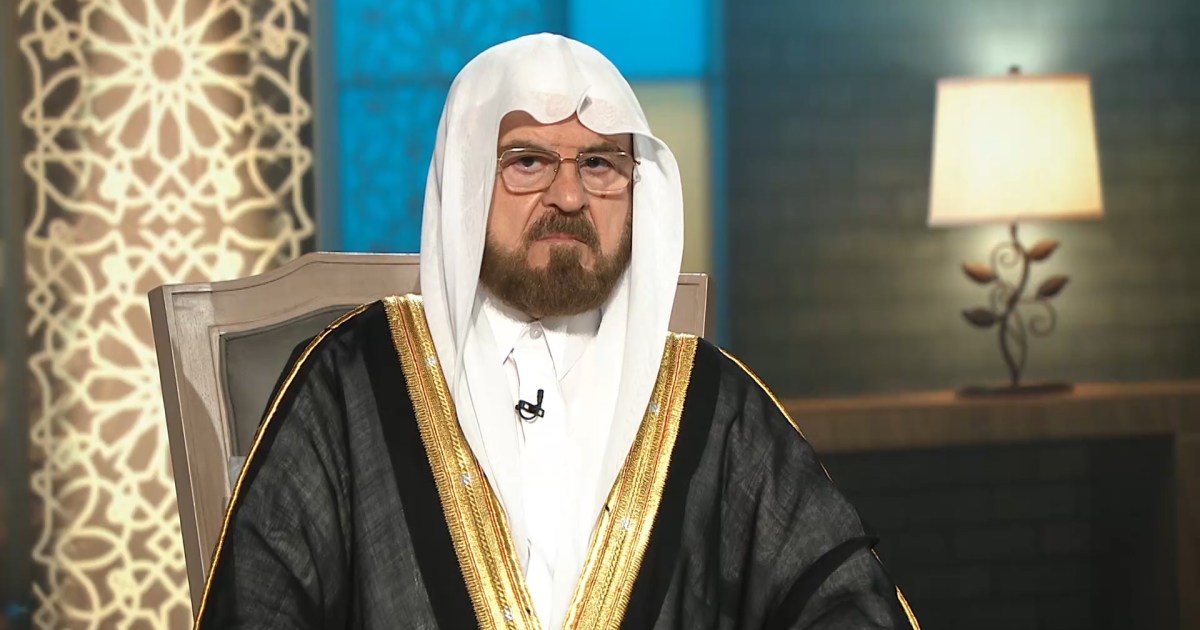The Secretary-General of the International Union of Muslim Scholars believes that the Messenger, may God bless him and grant him peace, was able, through doctrinal and moral education, to form a society that combines the rich and the poor.
Sheikh Al-Qara Daghi adds that the Messenger, may God bless him and grant him peace, laid down a set of basic principles, the most important of which are: that money is God’s money, a principle that makes the rich an agent of money and therefore he cannot be stingy with it, and that money is a means and not an end, and that money is good because it is a blessing from God if it is used in obedience to God and in serving man and even animals and the environment.
He gave an example of the Rightly-Guided Caliphs, may God be pleased with them, such as Abu Bakr Al-Siddiq, Omar Bin Al-Khattab and Othman Bin Affan, who were helping the poor and needy with their own money.
And regarding financial transactions in the current era in the shadow of banks and financial institutions and what is being raised about usurious interests, he indicated that the Holy Prophet had two positions: if the transaction was harmful, he prevented it, and the rest of the transactions he reformed and established legal controls for them.
The Secretary of the International Union of Scholars added that Islam is a complete religion that includes clear principles and basic rules that address the needs and diseases of the times. The guest of an episode (7/2022) of the “Shari’a and Life in Ramadan” program spoke about details related to banking transactions and loans.
He said that the current usury is the usury of the nasee, which is prohibited by the Holy Qur’an and Islam, and that the usury today in some banks is more dangerous than the usury of the pre-Islamic era.
Monopoly is forbidden
In response to a question about the monopoly practices carried out by some merchants, the Secretary-General of the International Union of Muslim Scholars cited hadiths of the Messenger, may God bless him and grant him peace, referring to the inviolability of monopoly, and he said that monopoly in food and food is unanimously forbidden, and called on merchants to refrain from monopolizing goods and to sell them at their value.
He also considered that burning prices to hit other traders is also forbidden, because it falls within the scope of fraud, and the Caliph Omar Ibn Al-Khattab, may God be pleased with him, had prevented someone from selling at a cheap price to harm other traders.
On the other hand, he called the rich to zakat their money, because brotherhood in religion is achieved by zakat, and not to be satisfied with zakat if they want the highest paradise, which also applies to all people.
Regarding how Islamic countries deal with warnings about starvation in the world, Sheikh Al-Qara Daghi explained that the Arab world is underdeveloped, and the most dangerous thing is the issue of food, and he called for the need to create a strategy between Arabs and Muslims to achieve self-sufficiency, and said that this is a legitimate duty.

